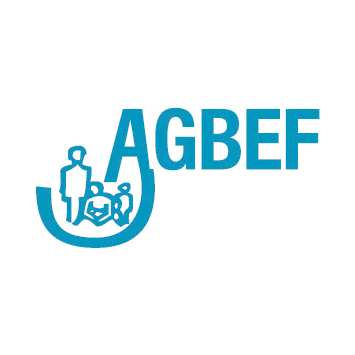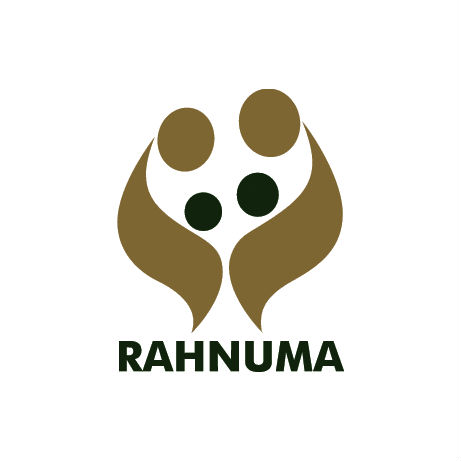

| 31 March 2016
Association Guinéenne pour le Bien-Etre Familial
Established in 1985, IPPF’s Member Association in Guinea-Conakry faces many stark sexual and reproductive health (SRH) challenges including some of the highest fertility and child mortality rates in the world, coupled with very low levels of contraceptive use. The Association Guinéenne pour le Bien-être Familial (AGBEF) has mounted a vigorous response to these challenges. Through its services points (static clinics, mobile clinics, associated clinics, community-based distributors (CBDs) and community-based services (CBSs) the organization reaches out to poor and marginalized groups with a particular emphasis on young women and men, and displaced persons and refugees. The Member Association’s services include disseminating information, education and communication around sexual and reproductive health (SRH); youth-friendly SRH services; prevention and management of sexually transmitted infections (STIs) and HIV and AIDS through interventions such as voluntary counselling and testing (VCT); improving access to contraceptives at community level; and advocating and mobilizing the public to demand their SRH rights. AGBEF’s team includes volunteers, peer educators and thousand of CBDs. Its youth action movement has a membership of over 100. The Member Association partners with government departments and large international NGOs to promote and develop its work.

| 31 March 2016
Rahnuma-Family Planning Association of Pakistan
Rahnuma (formerly the Family Planning Association of Pakistan or FPAP) started serving poor and marginalized people in Pakistan as the Family Planning Association of Pakistan (FPAP) in 1953. After over 50 years of momentous achievements, the FPAP felt that its name did not fully reflect the scope of its work. It renamed itself ‘Rahnuma’, an Urdu word meaning 'one who shows the path and provides direction'. Rahnuma was one of the pioneers in providing family planning services and advocating for spacing of childbirth and for smaller families. The government later embraced the cause by establishing the Ministry of Population Welfare. In the space of a decade, Rahnuma grew from a single clinic, based in 1 room in Karachi, to a large-scale operation with an infrastructure of district branches offering model clinics and information and educational facilities. Today, the network operates nearly 5,000 service points, comprising 118 permanent clinics, 11 mobile units, 191 associated clinics and over 2,000 community-based distributors/services (CBDs/CBSs). It also handles referrals to over 2,143 private physicians. Rahnuma has developed innovative programmes to increase access to high-quality, affordable health services. It has advocated for a rights-based approach to sexual and reproductive health (SRH), for the empowerment of particular groups within communities (especially women and young girls), and for the strengthening of civil society in Pakistan. As the sexual and reproductive health and rights (SRHR) agenda has shifted over the years, Rahnuma has increasingly embraced SRHR in the context of national development and poverty alleviation, owing to the direct connection between socio-economic conditions and health and well-being. Contacts Website: http://www.fpapak.org Facebook: https://www.facebook.com/rahnuma.fpap.9 Twitter: https://twitter.com/Rahnuma_FPAP







